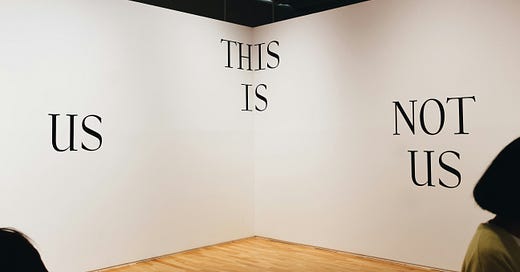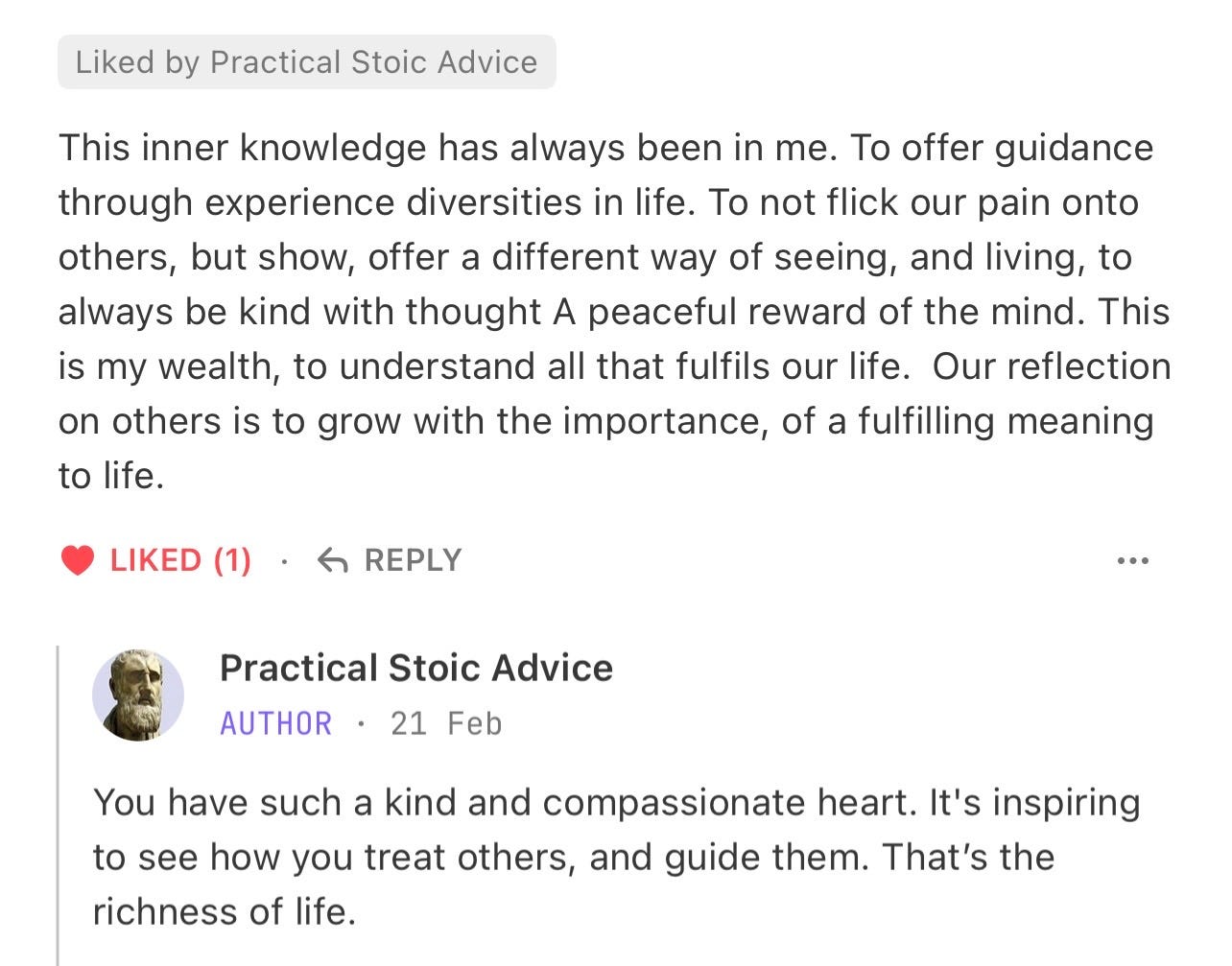Choosing what’s right—honest, kind, or just—feels like climbing a mountain with no clear path. The sweat, the doubt, the sheer effort of it can make you wonder why you bother. Meanwhile, the easy road—cutting corners, dodging the truth, or chasing quick rewards—beckons like a smooth downhill slide. It’s a choice we face every day, and the Stoics knew it well: doing good is hard, but it’s the only path to a life worth living. No one said it’d be easy, and that’s the point—virtue’s weight builds a strength temptation can’t offer. Picture us sitting down, coffee in hand, talking through why the hard road of honor is worth it, even when the easy one calls.
The Stoics saw virtue as a daily battle, not a one-time win. Acting with integrity—telling the truth when it stings, keeping a promise when it’s inconvenient, or standing firm when others waver—takes grit. It’s not just hard; it can feel lonely, like you’re the only one choosing the rough path. Marcus Aurelius said, “Just that you do the right thing. The rest doesn’t matter.” The world might not cheer when you choose honor over ease, but that’s what makes it noble. Temptation, though, is slick—it promises comfort, like skipping the truth to avoid a fight or slacking off because no one’s watching. It’s seductive because it feels good now, sparing you the immediate pain of effort or conflict. But that ease comes at a cost: a nagging sense you’ve betrayed yourself.
Why does the wrong path feel so tempting? It’s human nature to crave what’s quick and painless. Saying “yes” to a shortcut or dodging a tough call can feel like a weight lifted, but it’s fleeting. Seneca warned, “No man’s good by accident. Virtue must be willed.” Bad deeds—like lying to save face or shirking duty—offer a moment’s relief but erode your character, leaving you less than you could be. The Stoics knew this trap: what’s easy often clashes with what’s right. When you’re tempted to take the low road, it’s like choosing a cheap meal over nourishment—it fills you up but leaves you empty. Honor, though, builds something lasting, even if it demands you grit your teeth and push through.
The July 5th teaching from The Daily Stoic by Ryan Holiday hits this hard: “ There is no prize and certainly no virtue in doing what’s easy or what you’re comfortable with. Virtue lies in doing what’s difficult, especially when it’s the right thing to do.” Choosing the honorable path—apologizing when pride burns, working diligently when you’d rather quit, or helping another when you’re stretched thin—is tough because it asks you to rise above fear, laziness, or ego. That difficulty is the forge where your character is shaped. It’s not about glory; it’s about knowing you did what was right, even when no one saw. Temptation might whisper, “It’s no big deal,” but the Stoics remind you: the big deal is who you become.
So how do you choose the hard road when the easy one’s calling? Pause when temptation strikes. Ask yourself, “Will I respect myself for this tomorrow?” Epictetus said, “First say to yourself what you would be; and then do what you have to do.” That question pulls you back to your values, cutting through the haze of quick fixes. Break the honorable act into small steps—start with one truthful word, one small task done well. It’s not about being perfect; it’s about showing up. If you falter and take the easy way, don’t dwell—reflect, then try again. Marcus Aurelius reminded himself, “If it is not right, do not do it; if it is not true, do not say it.” Each choice to do good, however small, stacks up like stones in a wall, building a life of integrity.
The payoff of honor isn’t always loud—no one hands you a medal for keeping your word or owning a mistake. But there’s a quiet strength that grows inside, a pride that temptation can’t touch. Seneca said, “It is difficulties that show what men are.” The hard road reveals you—to yourself and others—as someone who stands for something. Bad deeds might save you a moment’s discomfort, but they chip away at trust, in yourself and from others. Honor, though, builds a foundation you can lean on, a life you don’t second-guess. Epictetus put it simply: “What need is there to weep over parts of life? The whole of it calls for tears.” Life’s tough either way—why not make it tough for something that lasts?
We’d love to hear how you’re walking the hard but honorable path! Share a moment when you chose the right thing over the easy thing in the comments below 💬, or tell us which Stoic idea sparks your fire. If this article inspired you to keep going, give it a like ❤️ to spread the wisdom.
Join 16,708+ Readers.










Life is hard but we are the hardest ones